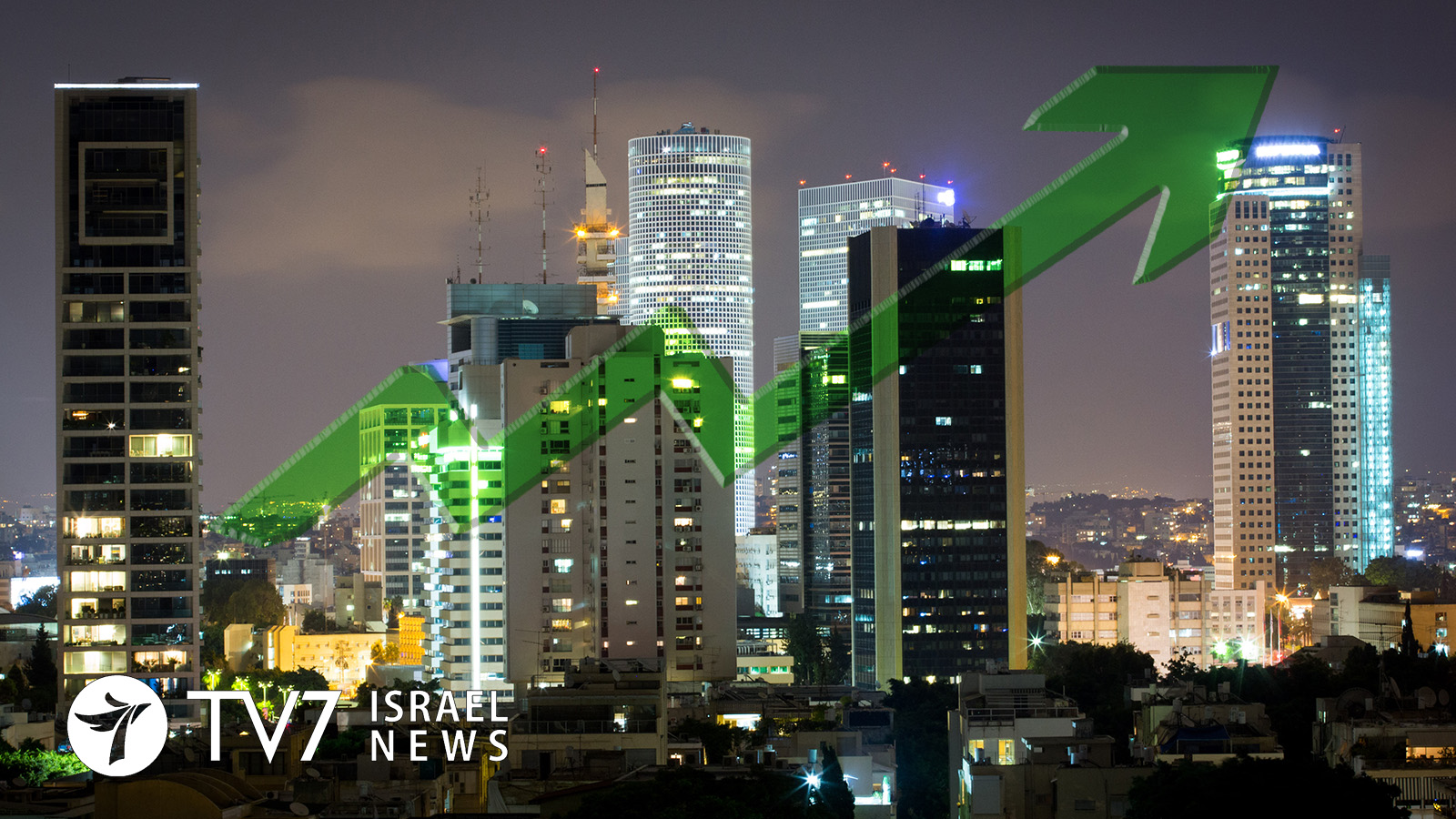Israel’s economy has been badly damaged by the coronavirus, similar to that which has been experiences around the globe.
Israel’s Finance Ministry has nevertheless estimated a 4.6% growth of the economy over the coming year. That projection is based on a drop in the infection rate and continuation of rapid COVID-19 inoculations. Israel has been a world leader in vaccinating its population against the coronavirus.
“The economy will recover at the rate that had characterized the sub-prime (2008 financial) crisis,” the ministry said with regard to its assessment, assuming “vaccination of the population in the first half of 2021 when, in this period, there are still limited health restrictions.”
The country is still in the midst of its third lockdown, which is likely to be extended amid a startling rise of infections. The Ministry of Health reported 10,021 new patients were diagnosed with the disease yesterday – marking a record high since the outbreak of the pandemic.
So far, 2,185,289 Israelis have received the first inoculation, and 423,123 have already been administered both doses.
In a lower probability scenario in which the health environment deteriorates due to new virus mutations or that Israel’s vaccination drive takes longer than expected resulting in further lockdowns, the Finance Ministry stipulated that the economy would grow by only 1.9%.
An assessment by the Bank of Israel (BOI) estimates a 6.3% rate of economic growth in 2021 if the rapid vaccination pace is maintained, while there would be a drop to 3.5% growth in a slow-inoculation scenario.
According to the Finance Ministry, Israel’s economy fared relatively well in 2020 and outperformed an OECD average of a 5.5% contraction, with only limited damage to exports thanks to hi-tech trade.
The yet-to-be compiled projection for 2020 is a 3.3% contraction, added the Ministry; while the BOI expects a 3.7% contraction.
Unemployment levels in 2020 were a high of 15.4%, which are expected to fall to 8.6% in 2021 in accordance with the Finance Ministry’s primary calculation or to11.6% in a more pessimistic scenario; accompanied by a decline in the average wage in either situation.
In a third estimate, the Central Bureau of Statistics reported a 39.7% surge in the economy during the third quarter of 2020 on an annual basis compared with the second quarter – in a reflection of unrestricted business operations in between lockdowns. There had been a 29.9% contraction of the Israeli economy during the second quarter.
Growth in the July-September period was driven by sharp gains in exports (59.7%), private spending (42.3%) and investment in fixed assets (17.2%).
Another slight contraction is expected in the fourth quarter due to the nationwide lockdowns. Exporters say they are also suffering because of an appreciation in the value of the shequel. The national currency last week reached ₪3.11 against the $US dollar – which is its strongest in 24 years.
The shequel has since weakened to 3.27 against the dollar.
The BOI has been reluctant to lower short-term interest rates beyond its current 0.1% rate, based on optimism that the country’s rapid coronavirus inoculation campaign will boost the economy. Last Thursday the BOI pledged it will buy $30 billion of foreign currency in 2021, reflecting an increase from $21 billion in 2020.
